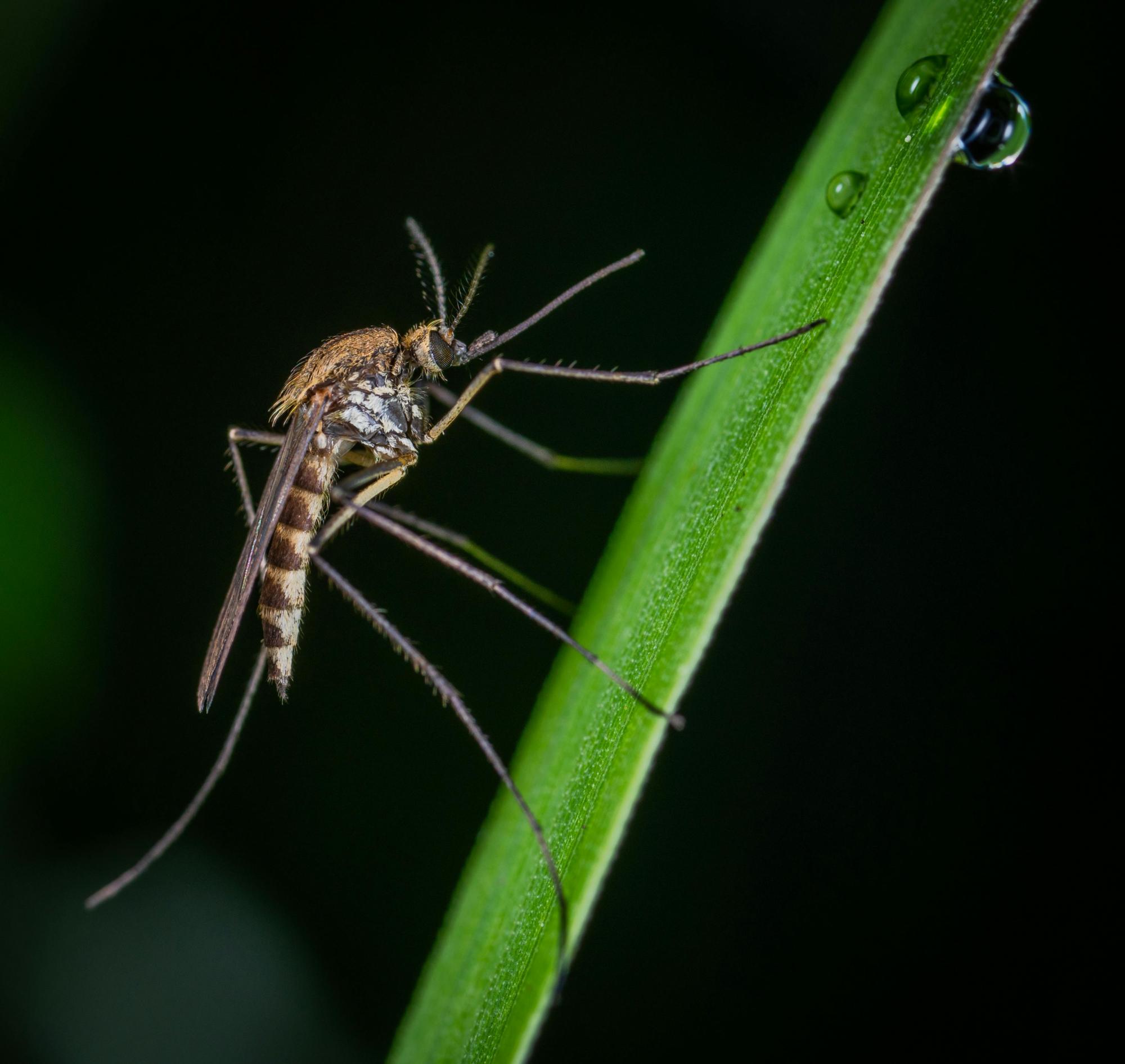The National Institutes of Health (NIH) published revisions to the NIH Guidelines for Research Involving Recombinant or Synthetic Nucleic Acid Molecules (NIH Guidelines). The published changes include specific considerations and requirements for conducting research involving gene drive modified organisms (GDMOs) and stipulates that a minimum of biosafety level 2 (BSL-2) is required for conducting research with GDMOs.
The changes also describe considerations for performing risk assessments with GDMOs and define institutional responsibilities regarding Institutional Biosafety Committee review of research involving GDMOs. The NIH provided a reference document for investigators, biosafety professionals, and Institutional Biosafety Committees to assist in review of GDMO research.
Additional revisions to the NIH Guidelines include:
- Changing the Risk Group categorization of West Nile Virus and Saint Louis Encephalitis Virus to Risk Group 2 to be consistent with the recommendations in the 6th edition of the Centers for Disease Control and Prevention’s (CDC’s) Biosafety in Microbiological and Biomedical Laboratories (BMBL).
- Replacing the term “helper viruses” with the broader term “helper systems.”
- Updating references to the current 6th edition of the CDC’s BMBL and the Arthropod Containment Guidelines, Version 3.2.
The revised April 2024 NIH Guidelines and relevant information is available on the NIH Office of Science Policy (OSP) website. Full details are also available in the Federal Register Notice outlining these published revisions.
Environmental Health & Safety (EH&S) Biological Safety and the UW Institutional Biosafety Committee are working to incorporate these changes into the UW biological research approval process. If you have any questions about the NIH Guidelines changes and how they may impact your work, please contact EH&S Biological Safety
Do you know any gene drive modified organism experts who could serve as ad hoc reviewers on the UW Institutional Biosafety Committee and help review potential GDMO research? If so, please let us know.